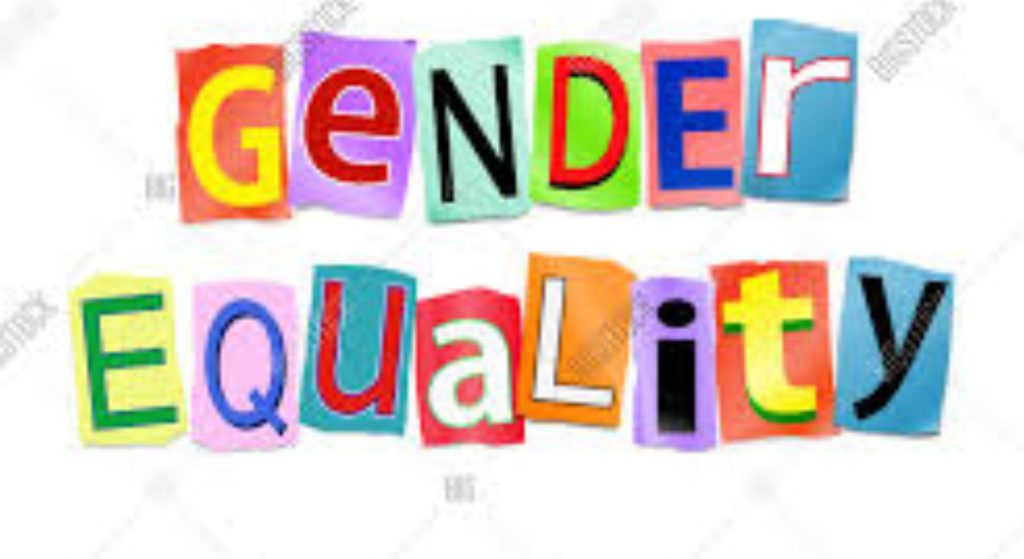Despite greater investments and women’s leadership, social norms, workforce participation, and safety measures continue to be barriers to India’s progress towards gender equality.
According to Susan Jane Ferguson, UN Women’s Country Representative in India, and Daniel Seymour, UN Women’s Director of Strategic Partnerships, social norms, low workforce participation, and gaps in safety measures impede full gender parity. This is despite India’s recent acceleration of progress towards gender equality due to increased investments and a focus on women’s leadership at the grassroots level.
Need for targeted efforts:
“India’s progress is significant, but closing the remaining gaps requires targeted efforts across both public and private sectors,” Ferguson said.
Ferguson emphasized the need for additional budget expansion to address remaining gaps in health, education, and economic opportunities. “This increase in public investment is crucial to transforming women’s lives, especially when directed toward specific needs of women
and girls.”
According to the Gender Budget Statement (GBS), Union Budget of India 2024-25, gender-responsive budgeting as a whole has grown significantly in recent years, reaching 6.8%.
Ferguson also underscored the need for private sector investment. “We are actively working with Indian companies to increase investments for women’s empowerment projects.”
According to her, there has been a noticeable advancement in women’s grassroots leadership, with more women holding positions in panchayats and other local government entities.
States and gender parity:
Both Ferguson and Seymour did, however, emphasized that gender-based violence (GBV), which jeopardizes women’s safety and independence, is still a problem in India. Seymour pointed out that despite India’s strong legal system, effective application is hampered by enforcement and cultural norms.
Ferguson noted that while some states have attained gender parity at these levels, India’s national political landscape is anticipated to undergo a radical change as a result of the enactment of the 33% reservation for women in Parliament.
She noted that UN Women is working with state governments, like Madhya Pradesh, to provide police training and implement community policing initiatives that prioritize the safety of women.
There are still issues even though India’s female labor force participation rate has increased to about 37%, according to the Periodic Labour Force Survey 2022–2023 conducted by the Ministry of Statistics and Programme Implementation. “With the right investments in childcare, safe transport, and workplace protections, women can access greater economic opportunities,” Ferguson stated.
For example, UN Women has been collaborating with the government, companies, unions, civil society organizations, and communities in Tamil Nadu to address workplace harassment in order to make the garment industry a safer place to work.
The government offers numerous vital programs, including “pink police stations” and women-led police stations, as well as helplines and “One Stop Centers” exclusively for women. The UN Women India office helps to make this support stronger. Addressing structural obstacles to women’s labor force participation is a major component of UN Women’s work in India.
Ferguson said that these kinds of programs are necessary to help the millions of women who rely on these sectors.
Women and climate change:
According to the UN officials, given its size and current climate, India will be one of the nations most impacted by climate change. “We are aware that women are disproportionately affected by climate change,” they said.
“From disaster planning to providing safer spaces in temporary shelters, involving women in decision-making ensures that climate resilience benefits everyone,” Seymour stated. He said that since women are frequently industry leaders in sustainable practices, involving them in the renewable energy sector could promote inclusive growth.
He emphasized the significance of India’s contribution to the advancement of global gender equality on the international scene. “India has always been a supporter of gender equality in international forums.”
“And as one of the world’s largest democracies, India has a powerful opportunity to be a leading voice, to share its successes and lessons learned more widely, and address the challenges experienced along the way,” he said.
The last word:
“India’s progress in gender equality is inspiring,” Ferguson summarized. Since so much has already been accomplished, overcoming the remaining obstacles will call for an all-encompassing strategy that takes into account systemic obstacles, social norms, economic barriers, and the proactive participation of the public and private sectors.










